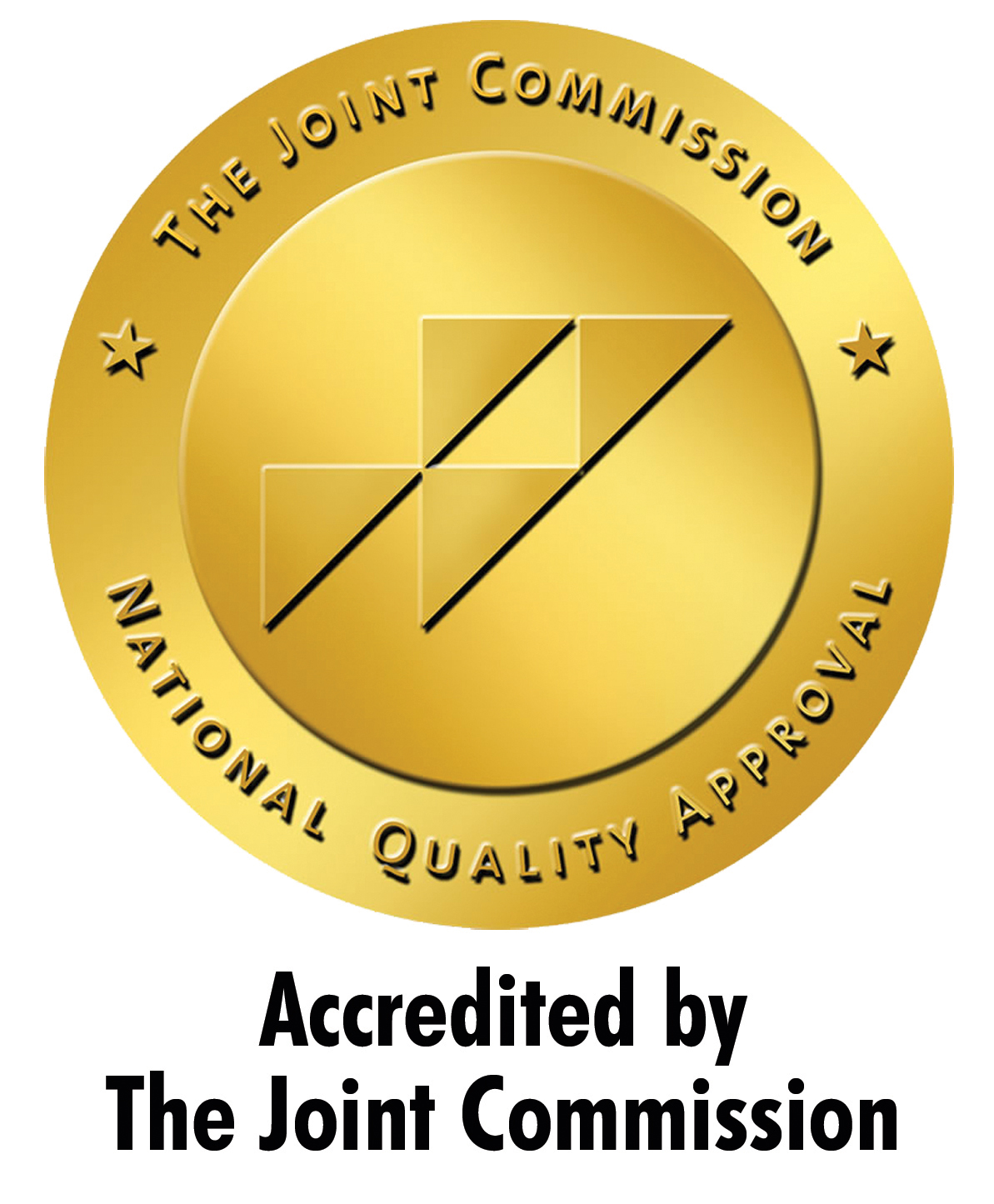Symptoms and Treatment of Sleep Apnea
By Amy Bardall, FNP-BC
February 27, 2015There are many people who have undiagnosed sleep apnea. Recognizing the symptoms and getting treatment for sleep apnea can prevent further health problems and may increase a person’s energy and quality of life.
Some people who could have undiagnosed sleep apnea may say the following:
“I don’t wake up feeling restored, even with a full night’s sleep.”
“My partner says I snore heavily, and maybe even stop breathing while I am asleep.”
“I wake up with headaches in the morning.”
“I gasp for air at night, or feel like I’m choking while I sleep.”
“I don’t feel like I can concentrate or have enough energy during the day, and I get really tired in the afternoon.”
People who are at risk for sleep apnea include those who fall into one or more of the following categories: overweight or obese, have a neck circumference that is larger than normal, are over age 65, men, and/or have other health conditions such as high blood pressure, diabetes, heart disease, emphysema, fibromyalgia, as well as other health conditions and health habits.
The screening process for sleep apnea can be as simple as a health care provider ordering an overnight oxygen study, which can be done in the home. This can tell the provider if the patient is getting enough oxygen at night, and the results can determine if further testing is needed.
If the patient has an oxygen level that’s below normal for a certain period of time, the next step would be a sleep study. Sometimes these can be done in the home, but most of the time they are done in the hospital at a sleep lab. These labs have comfortable beds, and a sleep technician attends the sleep study. If the patient is unable to sleep in the hospital setting, a sleep aid can be given.
Should a patient be diagnosed with sleep apnea, the newest treatment is now a small machine that hardly makes any noise, and a fitted mask or nasal system to help the patient get enough air during the night. If oxygen is needed, it can be tied into the machine so the patient can get enough oxygen.
The treatment of sleep apnea can be life changing. Patients experience more energy, more concentration, better sleep quality, and overall better health.
If you think you may have sleep apnea, make an appointment with your health care provider today! If you don’t have a health care provider, Trinity Medical Group welcomes new patients. Call 740-922-0000 to make an appointment today! Thanks for choosing us as a partner in your health. We are happy to assist you to achieve your full healthy potential.
To learn more about sleep apnea and the sleep lab at Trinity Hospital Twin City, click here. To take an online survey to see if you are at risk for sleep apnea, click here.
This story was written by Amy Bardall, certified nurse practitioner with the Dennison office of Trinity Medical Group.
« Back to Learning Center



